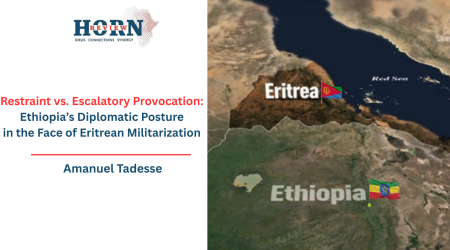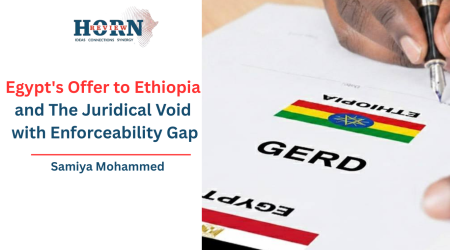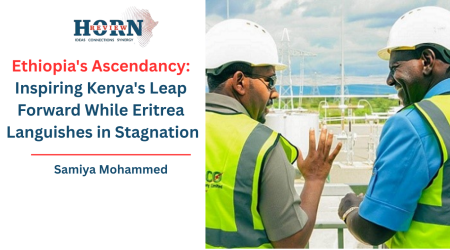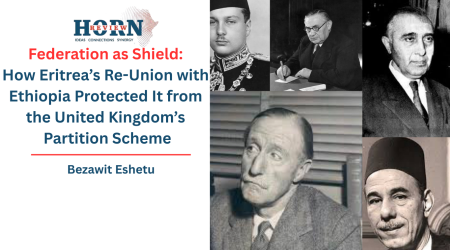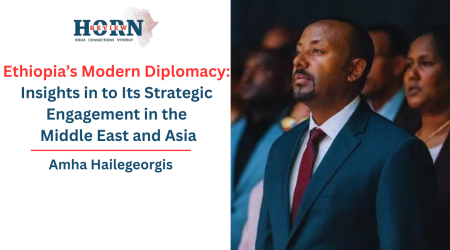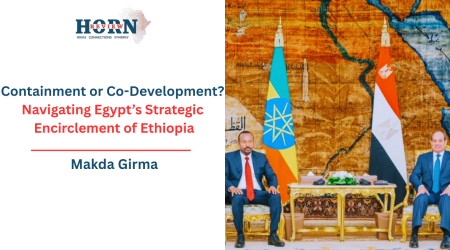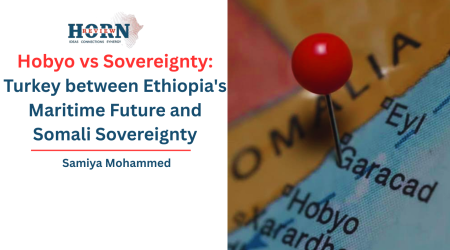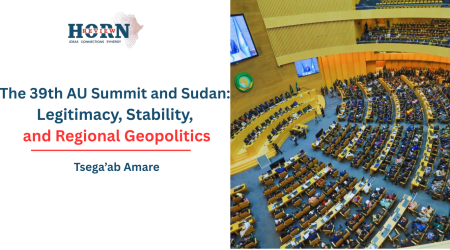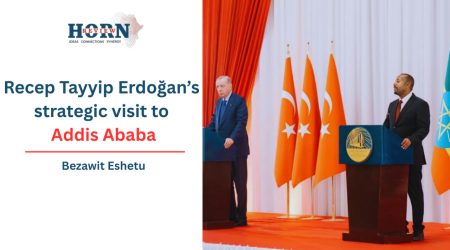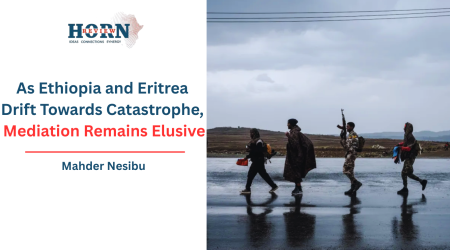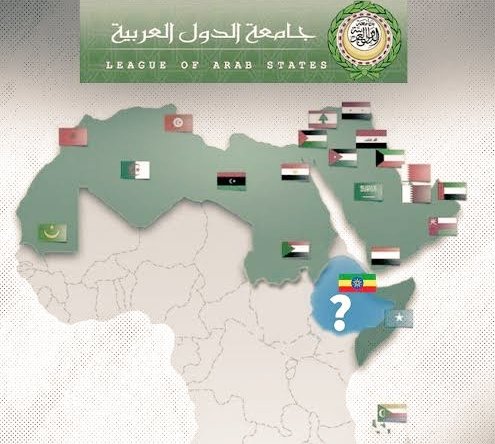
3
Feb
Ethiopia’s Strategic Interest in the Arab League: Economic, Security, and Diplomatic Considerations
Ethiopia is considering joining the Arab League (AL) as an observer state to strengthen its diplomatic, economic, and security ties with the region. Historically, Ethiopia has had deep-rooted connections with Arab League states, sharing cultural, religious, and economic linkages. However, relations have been marked by mistrust, particularly due to the Nile water dispute with Egypt and regional political tensions. Ethiopia sees AL membership as a way to directly engage with Arab states and counter diplomatic challenges.
One of the key motivations for Ethiopia’s interest in the AL is economic diplomacy. Arab states, especially Saudi Arabia, the UAE, and Kuwait, are among Ethiopia’s top trade partners and investors. The Gulf nations have invested heavily in Ethiopia’s agriculture, infrastructure, and energy sectors, while Ethiopia relies on ports controlled by AL members for trade. By joining the AL, Ethiopia hopes to attract more Foreign Direct Investment (FDI) and strengthen its regional trade partnerships.
Security concerns, particularly in the Red Sea and Gulf of Aden, also drive Ethiopia’s interest. As a landlocked country, Ethiopia depends on ports in Djibouti, Somaliland, and Puntland—many of which are controlled or developed by Arab states like the UAE. Additionally, the increasing militarization of the Red Sea by Gulf states and foreign powers has direct implications for Ethiopia’s national security. Observer status in the AL could provide Ethiopia with a platform to engage in regional maritime security discussions.
The Grand Ethiopian Renaissance Dam (GERD) is another major factor. Egypt has used the Arab League to rally support against Ethiopia’s control over the Blue Nile, framing the issue as an “Arab security concern.” By joining the AL, Ethiopia could challenge Egypt’s diplomatic efforts and advocate for a cooperative approach to managing the Nile’s resources.
Beyond politics and economics, Ethiopia also has a large migrant worker population in the Arab world, particularly in the Gulf states. Many Ethiopian workers, especially women domestic workers, face legal and human rights issues. A stronger presence in the Arab League could allow Ethiopia to advocate for better labor protections and diplomatic support for its citizens abroad.
Despite the potential benefits, Ethiopia faces internal and external challenges in its bid for AL observer status. Domestically, some Ethiopians fear that closer ties with the Arab League could dilute Ethiopian identity or lead to foreign influence. Externally, Egypt is expected to oppose Ethiopia’s request, given the long-standing Nile dispute. Additionally, there is a lack of mutual understanding between Ethiopia and many Arab League states, which has fueled historical mistrust.
Overall, Ethiopia’s interest in the Arab League aligns with its broader foreign policy goals of economic growth, security, and regional influence. Observer status would provide Ethiopia with a direct platform to engage with Arab states, counter diplomatic pressures, and secure its national interests. However, to succeed, Ethiopia must pursue proactive diplomacy, address internal concerns, and navigate external opposition, particularly from Egypt.
Summarised from Abdi Zenebe (PHD)’s article on the Journal of African Centered Solutions on Peace & Security Vol 3 (I) 2019, Rethinking Ethiopia’s Relations With The Arab League

